At noon on September 25, US time (early morning on September 26, Vietnam time), at the United Nations Headquarters in New York (USA), Deputy Minister of Foreign Affairs Do Hung Viet and Mr. Olivier Poivre d'Arvor, Special Envoy of the President of France, Ambassador for Marine and Polar Affairs, co-chaired a thematic discussion on "Strengthening adaptation, finance and resilience to challenges related to rising sea levels" within the framework of the High-level Conference of the United Nations General Assembly (UN) on "Addressing the existential challenges caused by rising sea levels".
During the discussion, delegates agreed that rising sea levels are one of the most serious consequences of climate change, threatening the survival of many countries, especially small island states; and posing many new legal, economic , cultural and social challenges. Therefore, the conference is of great significance in raising common awareness, promoting cooperation, inter-sectoral and multi-sectoral coordination between governments, international organizations and other stakeholders to find solutions to this urgent issue. Countries discussed extensively and shared experiences on measures to respond to rising sea levels, in which many opinions focused on the necessity of mobilizing diverse financial resources; taking advantage of scientific and technological achievements in supporting the improvement of resilience and adaptation to rising sea levels for coastal communities.
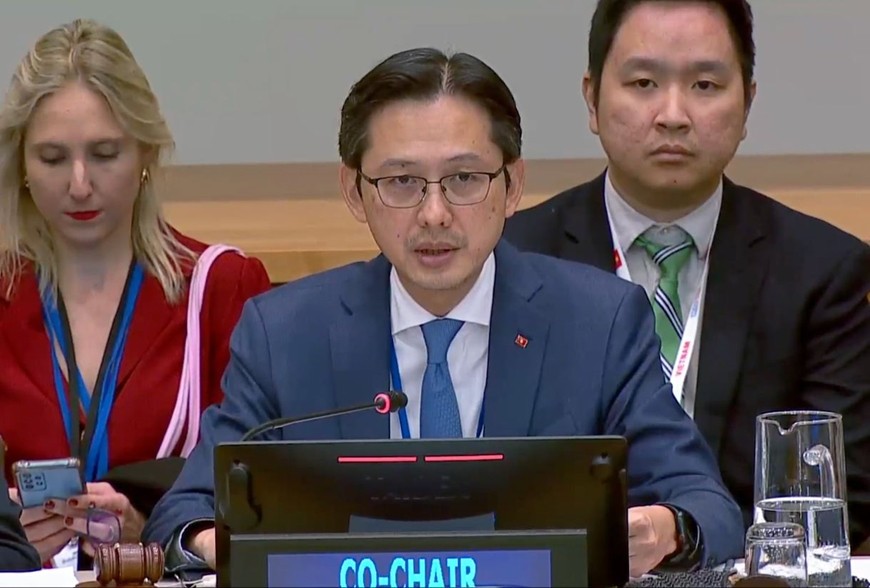
As co-chair of the discussion session, Deputy Minister Do Hung Viet shared about the serious consequences of the storm. The recent storm No. 3 (international name: Typhoon Yagi) in Vietnam, as well as the risks of rising sea levels in the Mekong Delta region, emphasized the need for countries to develop comprehensive, long-term strategies with fundamental solutions, including building appropriate infrastructure to protect coastal communities; innovative measures to respond to emergencies; or raising awareness and capacity of local communities, including creating strategies to transform livelihoods, farming methods, and aquaculture in a sustainable manner, closely linked to and in harmony with nature.
Due to their geographical location and specific characteristics, developing countries and small island states are often the countries most severely affected by climate change. climate change. Therefore, Deputy Minister Do Hung Viet suggested that countries and relevant parties continue to pay attention to and share experiences on ways to improve the effectiveness of mobilizing financial resources for adaptation to rising sea levels and climate change, including identifying appropriate resource mobilization mechanisms and partnerships to support large-scale adaptation projects, and applying technological developments to meet and support the specific and practical needs of local communities in responding to rising sea levels.
Source: https://baolangson.vn/tuan-le-cap-cao-dai-hoi-dong-lien-hop-quoc-khoa-79-viet-nam-de-nghi-cac-quoc-gia-chia-se-kinh-nghiem-thich-ung-voi-nuoc-bien-dang-va-bien-doi-khi-hau-5022971.html




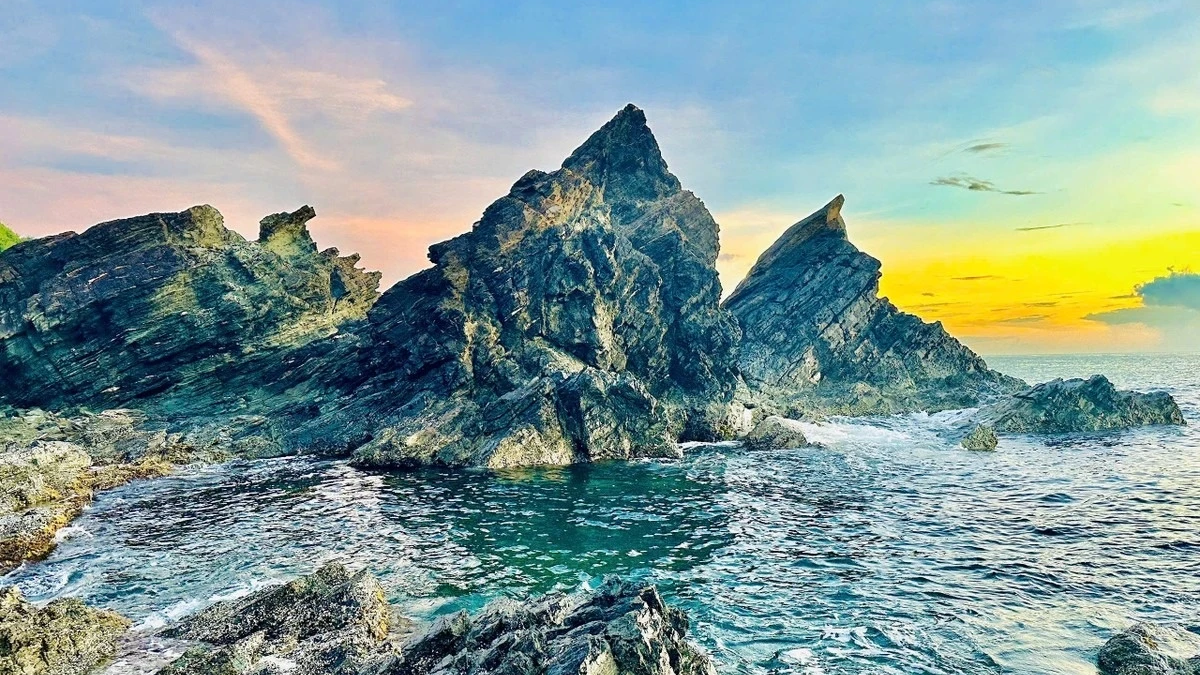



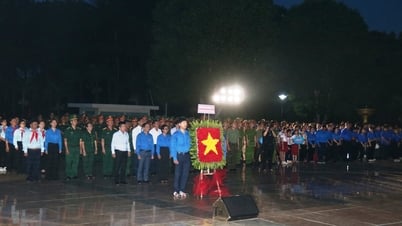
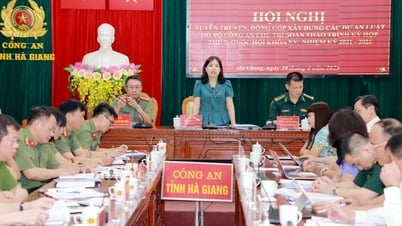

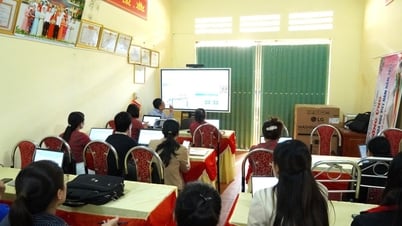
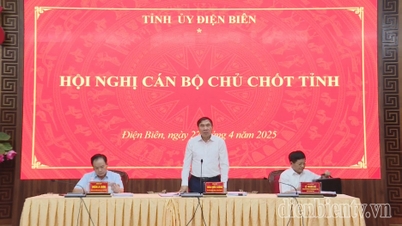

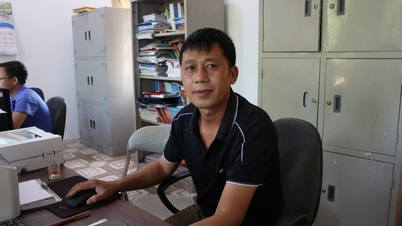


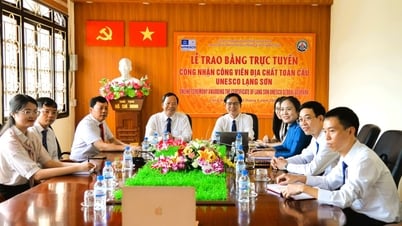
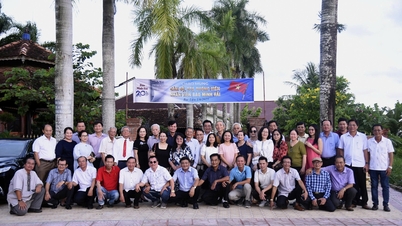
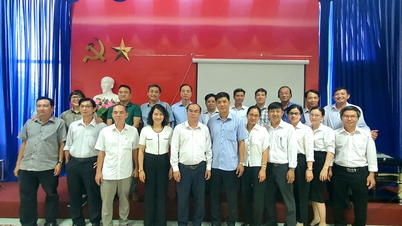






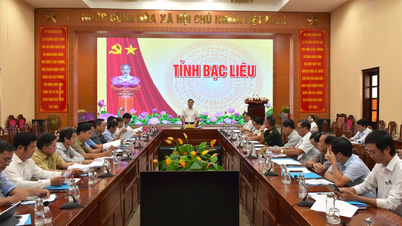
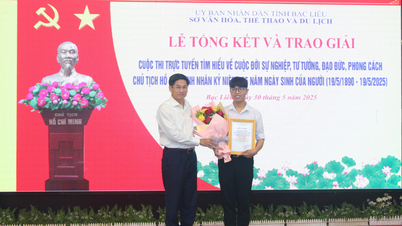



























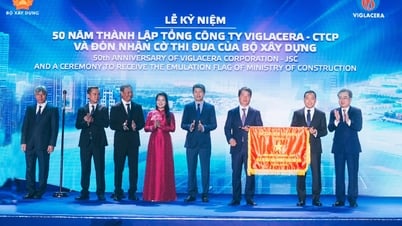
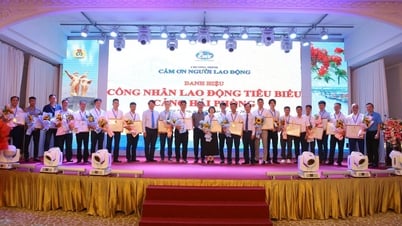
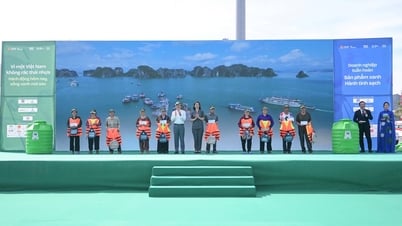



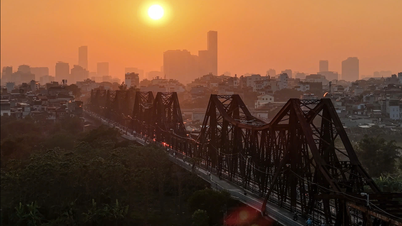


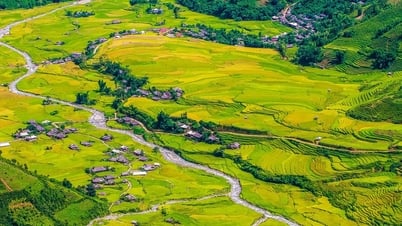
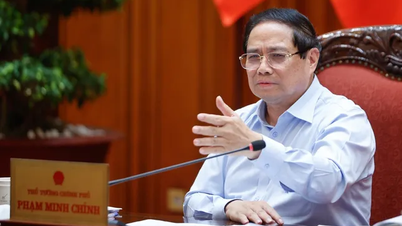


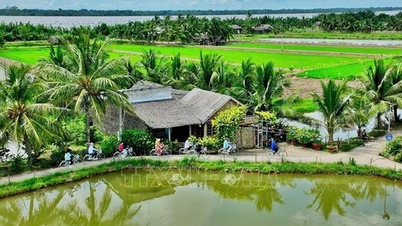

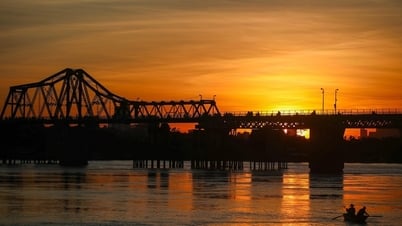
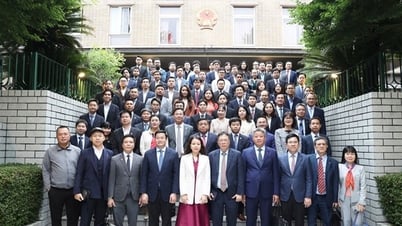

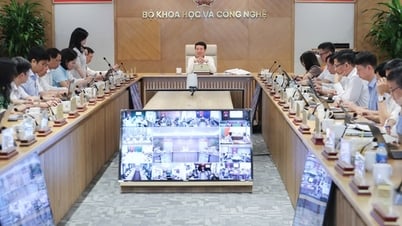
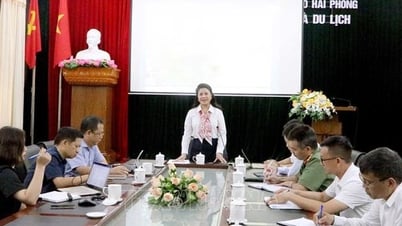

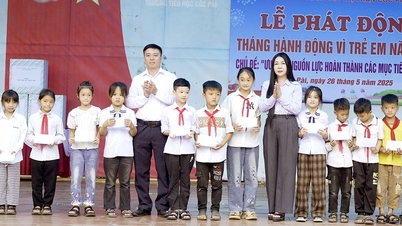

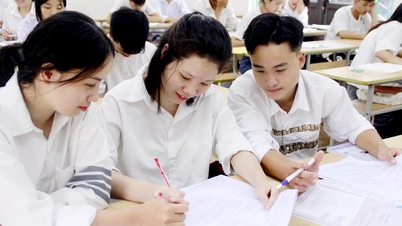


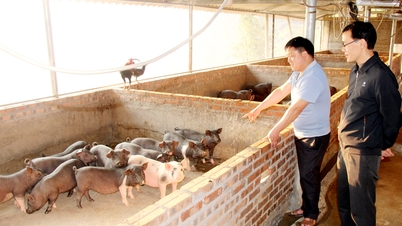
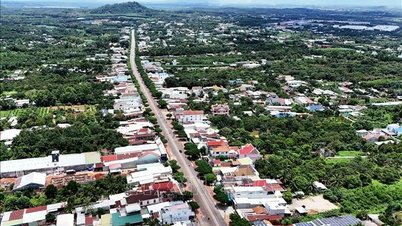












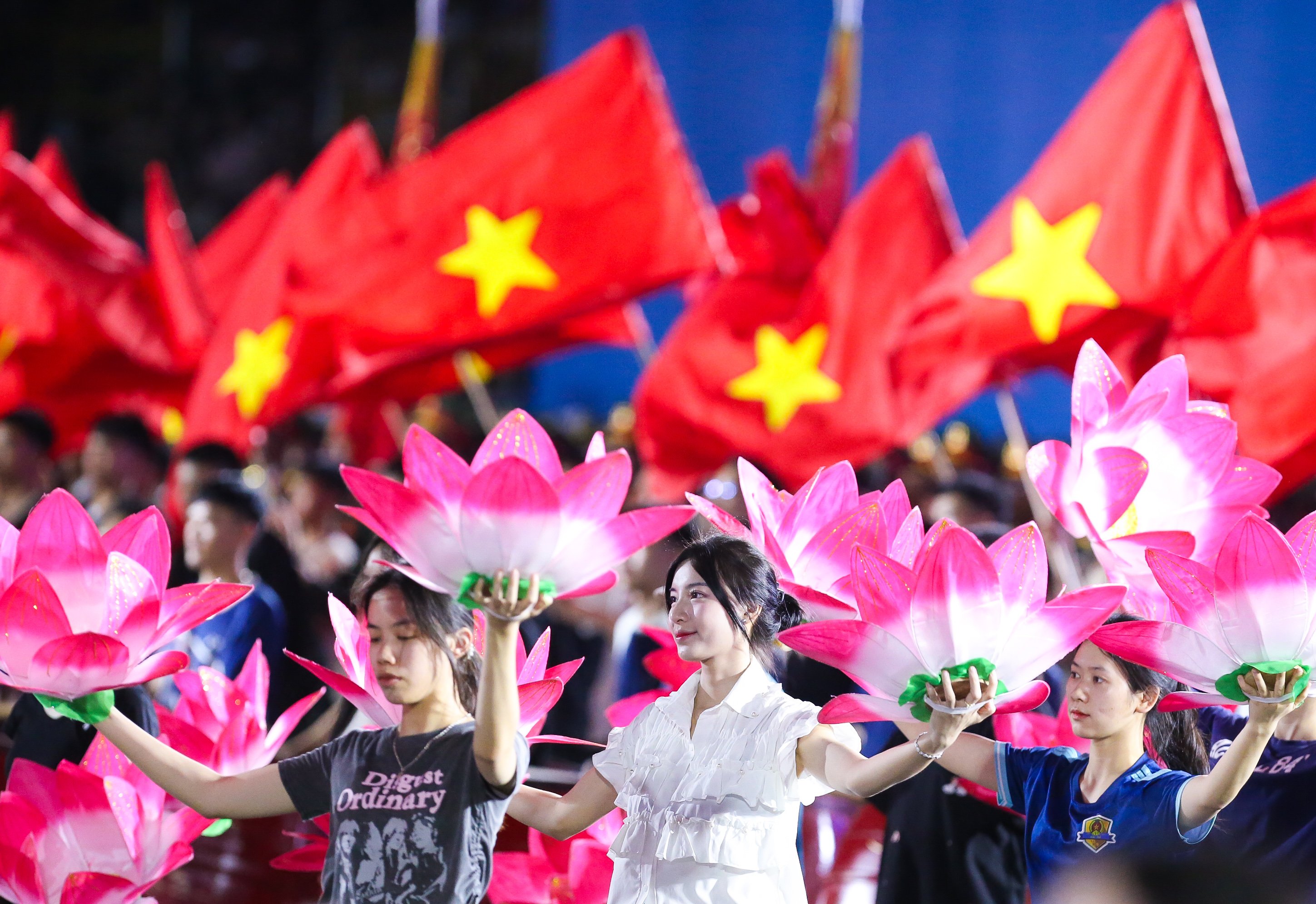
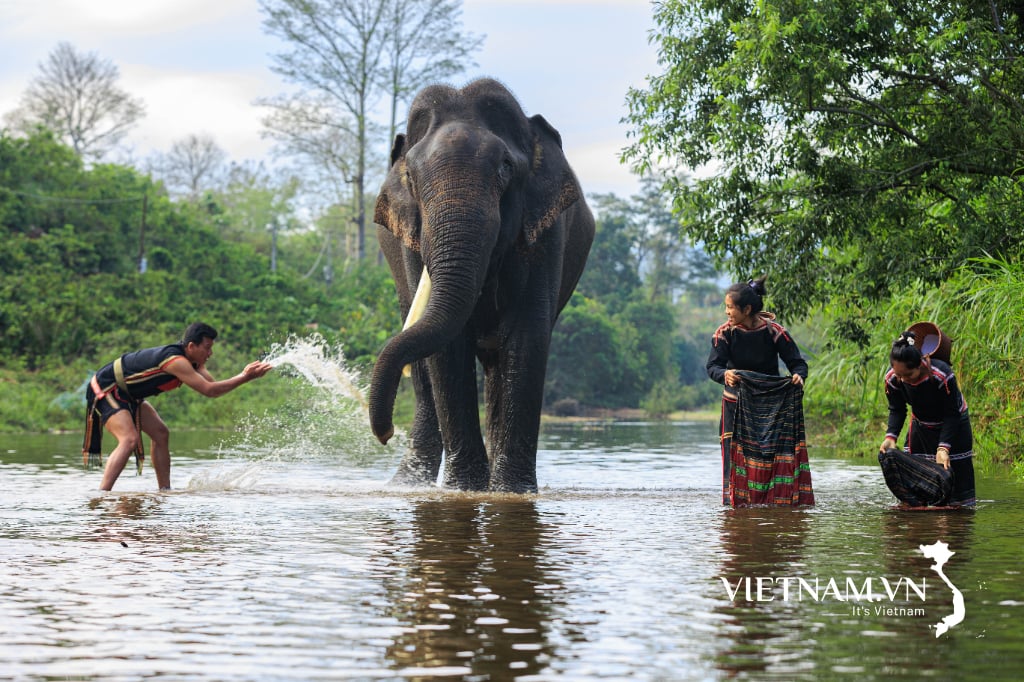
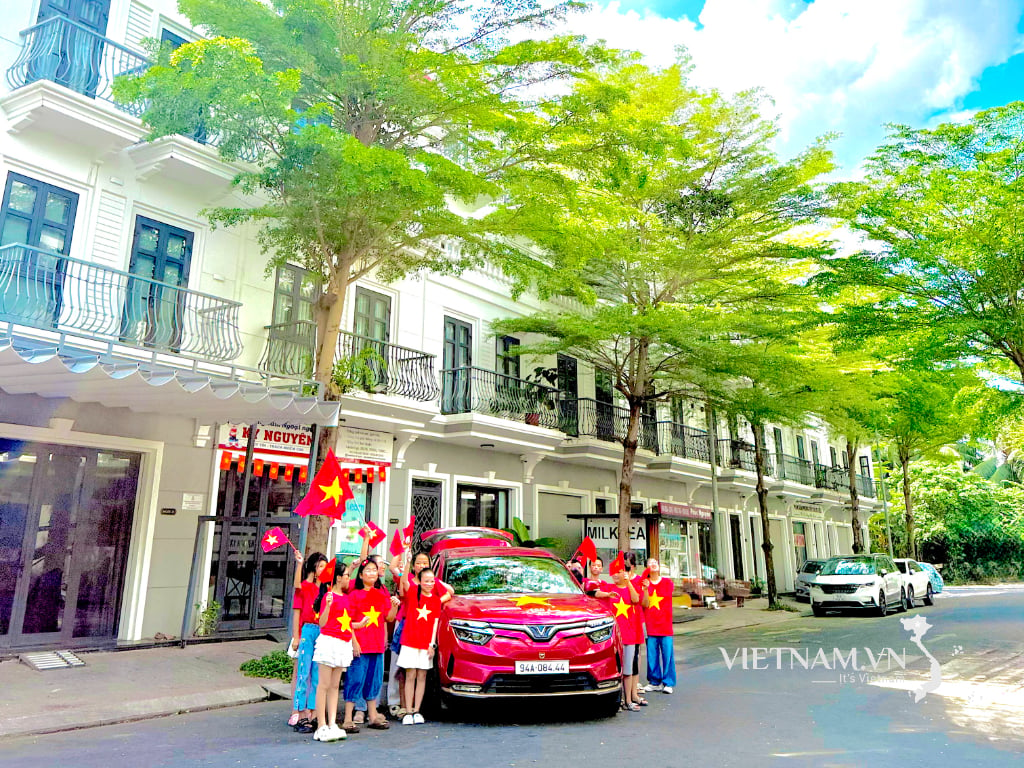

Comment (0)